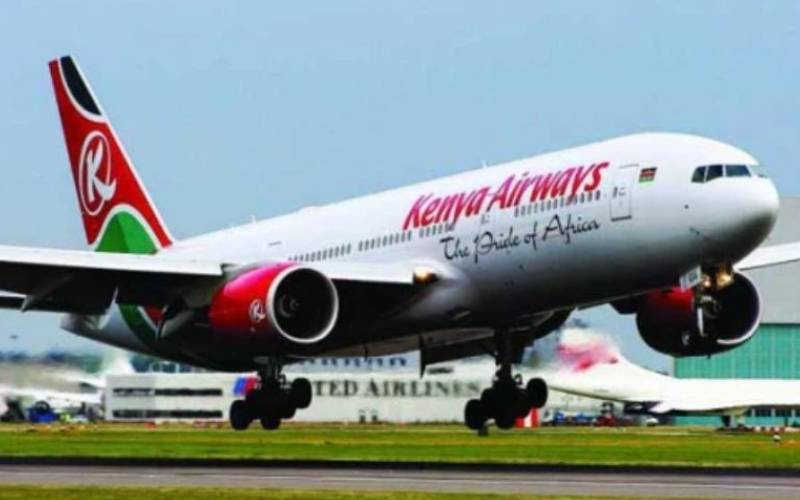
I have an abiding love for my country Kenya. I have had the privilege of flying, visiting and working in more than ten countries, but home to me remains Kenya.
So, when I read questionable things said about my country, my people or even our national assets, I take these with a pinch of salt and always dig deeper for a better understanding.
The Cambridge dictionary describes a sophist as "a person who uses clever but untrue arguments to deceive people." It further says that sophism is "basically a selfish act though, no doubt, a sophist would argue that it is done for the general good."
I have seen a number of commentary about our national carrier Kenya Airways. Rather than take them at face value, I have done some homework and found considerable the (mis)information being peddled about KQ and the sophist definition is apt.